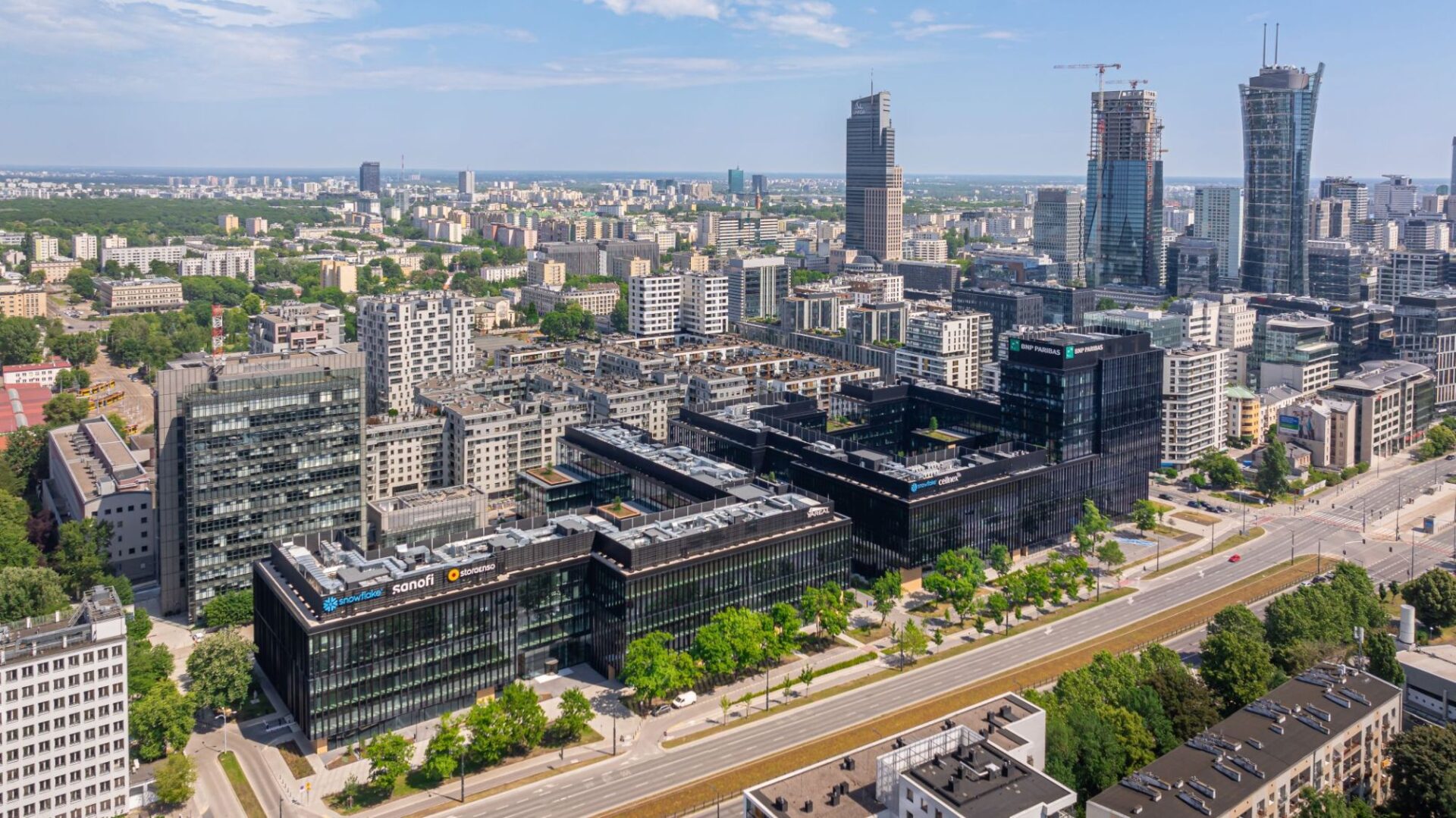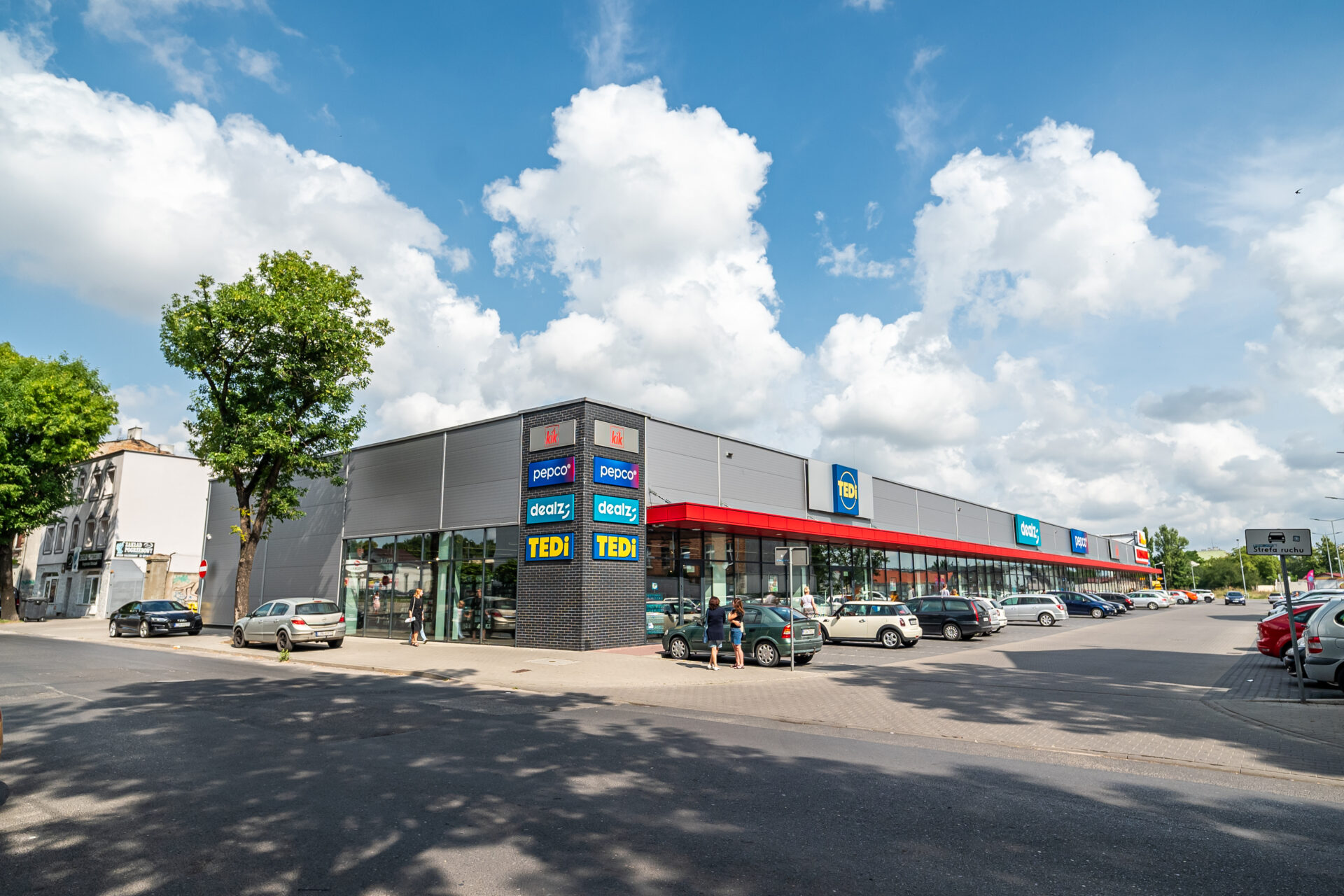Commercial real estate investment volumes across Europe are currently on course to meet 2017 levels, after Q1 2018 was broadly in line with the long-term average, according to Savills. Poland is expected to benefit from the capital flows in Europe with annual transaction volume to hit another record in 2018.
Commercial investment totalled €46 billion across Savills survey area in Q1 2018, down 8 percent compared to the same period last year but broadly in line (-3 percent) with historic trends, despite the traditional volatility of first quarters.
Poland (+329 percent), Belgium (+248 percent) and Luxembourg (+144 percent) all saw volumes increase in the first quarter, says Savills. In Poland the sale of a €1 billion retail portfolio gave Q1 volumes a boost and in Belgium a number of large deals carried over from Q4 2017 to Q1 2018. The UK, Germany and France remain the dominant markets for investment, collectively accounting for 63 percent of activity, says Savills.
The biggest falls in activity were recorded in Romania (-81 percent), the Czech Republic (-77 percent) and the Netherlands (-53 percent). Savills says this can be partly attributed to the Czech Republic and the Netherlands both experiencing investment activity well above their long-term averages in 2017 and that the fall in volumes may be a sign of investors taking a breath in Q1 before resuming activity later in the year.
The amount of overseas money invested in the region also remained unchanged in Q1, says Savills, with international investors accounting for approximately 30 percent of all cross-border transactions, although the allocation per asset classes and geographical destinations has become more pronounced depending on the origin of investors.
Marcus Lemli, head of Savills European investment, adds: “In spite of softer investment activity during the first quarter, at the moment we expect full-year turnover to be in line with last year’s volume at approximately €242 billion. European prime real estate remains an asset class of choice due to attractive yield spreads over long-term interest rates and positive rental growth prospects, and offices will continue to be the preferred destination, although investors’ appetite for alternative assets will persist.”
Investment activity in Poland is now particularly high. Savills expects, that following the record first quarter of the year, total investment volume in the entire 2018 will hit €6 billion.
“Poland is benefitting from the increased investment activity across Europe. Capital flow into Poland is now very high, driven by large portfolio deals in office, retail and industrial sectors, as well as capital values peaking in core markets of Western Europe. Investors are attracted to invest in Poland by relatively higher yields and sound rental levels. Traditionally, investors focus mainly on prime assets across all major commercial sectors, but also look for opportunistic assets or economies of scale via portfolio acquisitions,” comments Michał Stępień, Associate, Investment Department, Savills Poland.
Overall office yields are at historic lows due to continued strong demand, says Savills. Prime CBD office yields moved in by -22bps on average y-o-y and are now at 3.86 percent with the highest movements compared to Q1 2017 in Frankfurt (-70), Amsterdam (-60), Lisbon (-50), Helsinki (-50) and Berlin (-50). According to Savills, due to the lack of prime office space available in central locations, secondary CBD office yields and prime non-CBD office yields are also under strong downward pressure. On average across Europe, they moved in by 32bps to 4.93 percent and 37bps to 4.91 percent respectively.
Lydia Brissy, director in Savills research team, says: ”Prime office yields will remain stable in core countries but will continue hardening in other parts of Europe, notably CEE and southern European countries. The yield gap between asset classes and locations will continue closing but prime products will remain the main targets for investors.”
“This year prime office yields in Warsaw will hit record-low levels, but will still remain competitive compared to core markets of Western Europe, particularly taking into account sound rental levels. It should be noted, that that the gap between prime CBD office yields and prime non-CBD office yields is still higher than in other European markets. Potential yield compression for secondary CBD office assets and prime non-CBD office assets is one of the main drivers attracting more speculative investment capital to Poland,” adds Michał Stępień.






